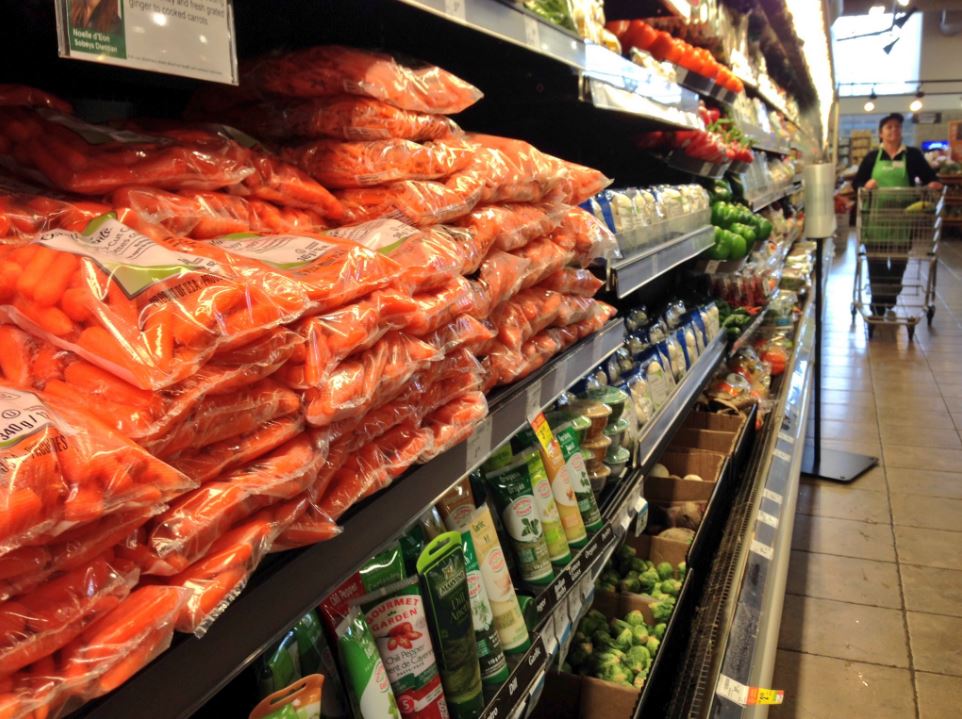Starting on Jan. 1, Nova Scotians living on a low income will receive more financial support from the province.

The provincial government announced Wednesday that Part 2 of the standard household rate will be implemented at the start of the new year, increasing the amount of money that people on income assistance receive and simplifying the process.
In October 2018, the province introduced the first part of the standard household rate, a wage exemption that allows clients to earn more money before seeing a reduction in their income assistance. The first part of the rate helps clients stabilize their income while they move into the workforce.
READ MORE: Nova Scotia coalition calls for policies to help reduce child poverty
According to the government, the standard household rate replaces the personal and shelter allowances, which currently provide clients with money for housing and basic needs.
Under those allowances, some clients do not receive the maximum amount because portions of the assistance are based on actual expenses. However, under the new standard rate, all clients’ assistance will be raised to the maximum allowable amount.
But the amounts under the new standard rate will still differ between clients based on living situation and family size.
READ MORE: Child poverty rates go down in every province except Nova Scotia — StatCan
- What is a halal mortgage? How interest-free home financing works in Canada
- Capital gains changes are ‘really fair,’ Freeland says, as doctors cry foul
- Budget 2024 failed to spark ‘political reboot’ for Liberals, polling suggests
- Starbucks looks likely to win U.S. Supreme Court case involving pro-union workers
The new rate will also have an additional increase of two to five per cent for all clients. Single clients will see a five per cent increase if they own or rent and are disabled; fleeing an abusive situation; have a chronic mental, cognitive or physical condition that limits participation in employment services; or are ages 16 to 18 or 55 years or older.
All others will get a two per cent increase.
“We know that people who struggle to provide food, shelter and transportation for themselves and their families want to be self-sufficient,” Kelly Regan, Minister of Community Services, said in a media release.”These changes will result in higher monthly payments and help clients who need it most.”
READ MORE: Halifax basic income conference aims to make the economic concept a reality in Canada
The government said the increase will be reflected on Dec. 27 payments.
Government is also increasing the eligibility threshold for the poverty reduction credit for the 2020 tax year. The new income threshold will be $16,000, up from $12,000.
Eligible clients will start receiving the credit in July 2021 after they file their 2020 income tax return.
The increase will ensure anyone who receives the credit now will continue to get it after assistance rates go up with the introduction of the standard household rate. The change also means that hundreds of new clients will be eligible.
“Single individuals and couples without children make up a large percentage of those relying on food banks for support. Knowing that this change will get more money into the hands of this vulnerable population, we’ll be working with our member agencies to help make sure people who are eligible know about the benefit,” said Nick Jennery, executive director of Feed Nova Scotia.




Comments